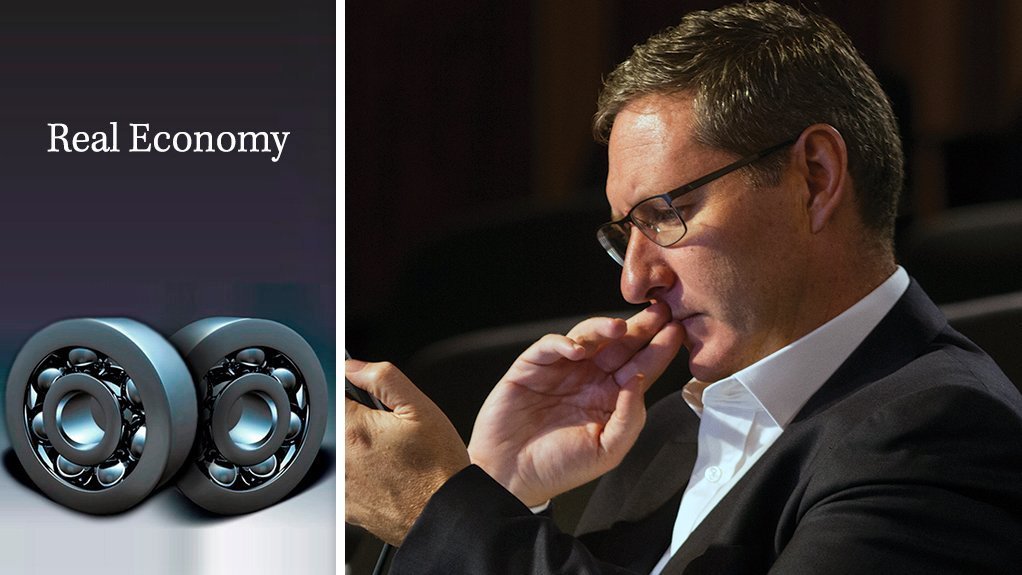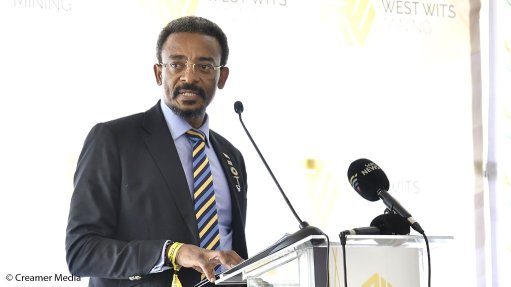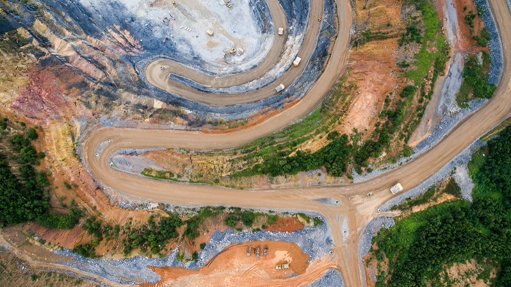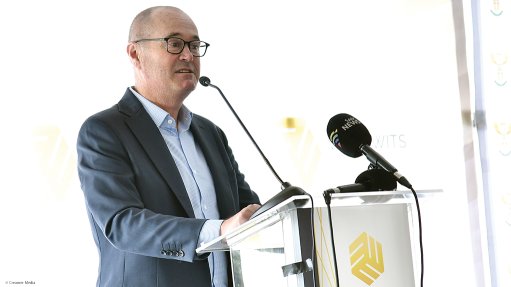What now?
Then there were ten! In reality, far more than ten individuals have occupied the top job at State-owned electricity utility Eskom over its 96-year history. However, following Thulani Gcabashe’s seven-year tenure, which ended in 2007, the door to the CEO’s office on the third floor at Megawatt Park might as well have been a revolving one.
First there was Jacob Maroga, who departed, along with then chairperson Bobby Godsell, following a well-publicised boardroom battle. The gap was then filled by Mpho Makwana, who played the role of executive chairperson, ahead of the appointment of Brian Dames, in mid-2010. Dames, who was initially favoured to replace Gcabashe, steadied things until his own premature departure for “personal reasons” in early 2014. Thereafter, the changes came thick and fast, with seven CEOs or acting CEOs appointed in quick succession from 2014 to early 2018, including Colin Matjila, Tshediso Matona, Brian Molefe, Matshela Koko, Johnny Dladla, Sean Maritz and, finally, Phakamani Hadebe, who will step down at the end of July, citing health concerns.
Several of these appointments can be attributed to moves designed at ‘capturing’ Eskom and redirecting resources the way of a powerful political elite.
Hadebe’s appointment in early 2018, which followed Cyril Ramaphosa’s slim victory in the election to become president of the African National Congress, was a direct response to those ‘capture years’. Along with policy and regulatory uncertainty, as well as technical and project underperformance, corruption had left the utility broke, broken and heavily indebted and the new board and executive leadership were meant to get things back on track.
In the event, Hadebe received a hostile reception, which undoubtedly exacted a toll. The antagonism can be partly attributed to the infamous wage freeze, but was also fuelled by powerful individuals intent on frustrating the clean-up.
That said, Hadebe’s resignation is inopportune and leaves government and the board with a dilemma. By the time you read this, Hadebe’s successor may have been named, rendering the suggestion below irrelevant. If not, here goes.
Despite the recent return of load-shedding, it is now beyond clear that Eskom’s most pressing challenges are political, structural and financial, rather than technical. In other words, the clamour for the appointment of a technically strong engineer with ‘utility experience’ may be well intentioned, but misplaced.
Eskom is on the cusp of a restructuring and will indeed require technically strong engineers to lead the unbundled generation, transmission and distribution units. However, political nous and financial-market credibility will arguably prove far more valuable for the CEO of the holding company, who will oversee what is likely to be the largest corporate restructuring in South Africa’s history.
It’s not a job for an individual seeking to build a resume, therefore. It’s a job for a seasoned corporate or political veteran – a person able to navigate not only the potentially treacherous corridors of the Union Buildings and the National Treasury but also the glass-clad skyscrapers that house those who have invested in Eskom debt. If that individual also happens to be an engineer, what a bonus!
Article Enquiry
Email Article
Save Article
Feedback
To advertise email advertising@creamermedia.co.za or click here
Announcements
What's On
Subscribe to improve your user experience...
Option 1 (equivalent of R125 a month):
Receive a weekly copy of Creamer Media's Engineering News & Mining Weekly magazine
(print copy for those in South Africa and e-magazine for those outside of South Africa)
Receive daily email newsletters
Access to full search results
Access archive of magazine back copies
Access to Projects in Progress
Access to ONE Research Report of your choice in PDF format
Option 2 (equivalent of R375 a month):
All benefits from Option 1
PLUS
Access to Creamer Media's Research Channel Africa for ALL Research Reports, in PDF format, on various industrial and mining sectors
including Electricity; Water; Energy Transition; Hydrogen; Roads, Rail and Ports; Coal; Gold; Platinum; Battery Metals; etc.
Already a subscriber?
Forgotten your password?
Receive weekly copy of Creamer Media's Engineering News & Mining Weekly magazine (print copy for those in South Africa and e-magazine for those outside of South Africa)
➕
Recieve daily email newsletters
➕
Access to full search results
➕
Access archive of magazine back copies
➕
Access to Projects in Progress
➕
Access to ONE Research Report of your choice in PDF format
RESEARCH CHANNEL AFRICA
R4500 (equivalent of R375 a month)
SUBSCRIBEAll benefits from Option 1
➕
Access to Creamer Media's Research Channel Africa for ALL Research Reports on various industrial and mining sectors, in PDF format, including on:
Electricity
➕
Water
➕
Energy Transition
➕
Hydrogen
➕
Roads, Rail and Ports
➕
Coal
➕
Gold
➕
Platinum
➕
Battery Metals
➕
etc.
Receive all benefits from Option 1 or Option 2 delivered to numerous people at your company
➕
Multiple User names and Passwords for simultaneous log-ins
➕
Intranet integration access to all in your organisation





















